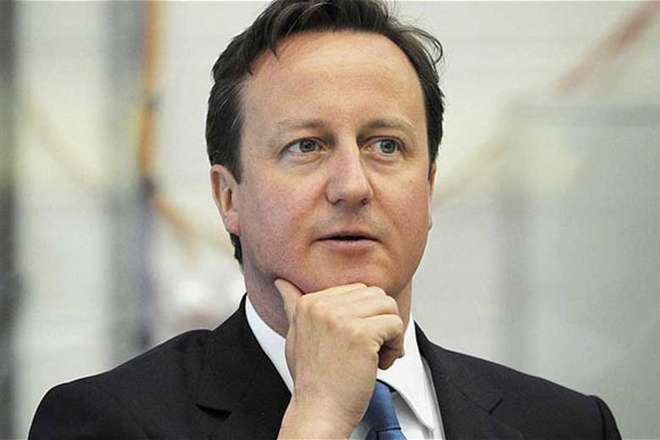Describing corruption as “fantastic” takes the meaning of the word to a different level. Therefore when British Prime Minister David Cameron who is known to be very diplomatic was caught referring to Nigeria and Afghanistan as “fantastically corrupt” nations, many people didn’t know what to make of his choice of words: See this;
Why did Nigerians have to wait for Prime Minister David Cameron to tell them about the cancer of corruption in their country? The truth is that Prime Minister Cameron is correct in his use of the term “fantastically corrupt” to describe Nigeria and Afghanistan. Whether he said so or not, it is the truth. Nigeria is corrupt. However, Prime Minister Cameron forgot that “fantastic corruption” is not limited to Nigeria or Afghanistan alone. It is present in many countries of the world, even in Britain.
The issue of corruption has remained the same and even seems to be getting worse. The anti-corruption summit in London is meant to help bring a better awareness of corruption around the world. This summit is crucial especially in light of the Panama papers which listed people who were able to illicitly hide their wealth. Prime Minister Cameron should also know that Britain has tough questions to answer about corruption. What is he doing to check corruption in the British Virgin Islands? Britain is a haven for laundered illicit wealth from Russia to Pakistan. This information is well documented in the Panama papers. The British Virgin Islands are well known as a tax haven for funds stolen from different parts of the world. The British have done nothing serious to stop this.
Britain has a moral responsibility to help Nigeria fight corruption. What is Britain doing to repatriate stolen Nigerian money that has been stashed away in British banks?
Similarity
“Fantastically corrupt” Nigeria and “fantastically corrupt” Afghanistan, though separated geographically, have much in common. Both have relatively new democratically elected governments. Both have been occupied by foreign powers at different time in their history. Both have many ethnic groups that make governance difficult. Both are “fantastically corrupt.”
Afghanistan’s corruption can be understandable considering their checkered history. As an almost failed state, the country has been occupied by other states, including Britain. An occupation breaks down the fabric of a nation and removes its dynamism. This results in a dysfunctional polity. Nigeria and Afghanistan have new democratically elected governments that seem eager to end corruption.
In Nigeria, the new administration of President Muhammadu Buhari which came to power in 2015 has made fighting corruption his top priority. However, there has been much criticism of the administration’s fight against corruption. Why has President Buhari not told Nigerians the amount of money and assets he has so far recovered from corrupt Nigerian politicians? Is it not part of governance to let Nigerians know about the amount that have been recovered? How do we know that the recovered funds will not again be misappropriated?
Why is the Nigerian anti-corruption fight targeting only politicians of the opposition Peoples Democratically Party (PDP) party? Does it mean that the members of President Muhammadu Buhari’s party are not corrupt?
Differences
Afghanistan, unlike Nigeria, has a serious opium problem. The new president of Afghanistan, Ashraf Ghani set up an anti-corruption body. This is in response to strong sentiment that corruption is the greatest threat to efforts in rebuilding the country. Even though this anti-corruption unit has taken off, it has been slow in reaching its anti-corruption goal. President Muhammadu Buhari has decided to use anti-corruption agencies (which hitherto have been in doldrums) in his fight against corruption.
Nigerians and Afghans hope for success. Only time will tell if Buhari and Ghani will be remembered for checking “fantastic corruption” in their countries.
Kennedy Kelechi Halams, Ph.D.
Dr. Halams is a professor of International Business at City University Seattle Washington.
Dr. Kennedy Kelechi Halams
Faculty Business Administration
City University of Seattle
521 Wall St, Seattle, WA 98121.



